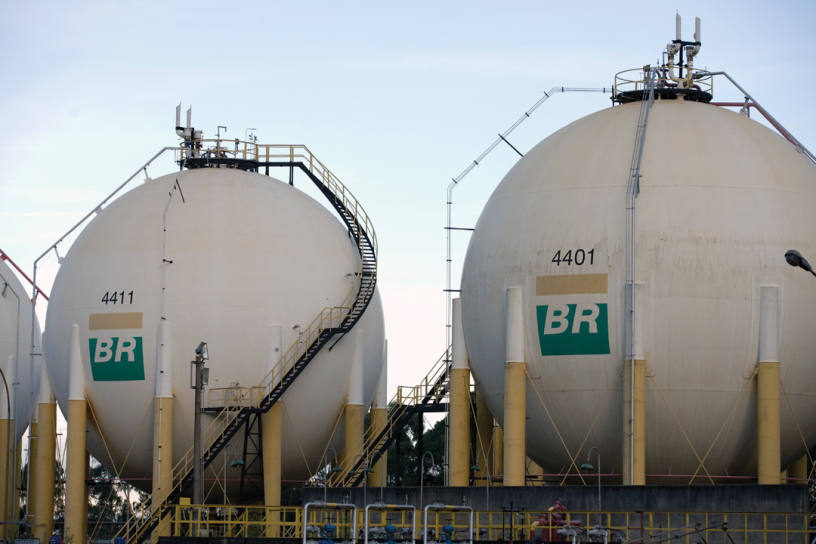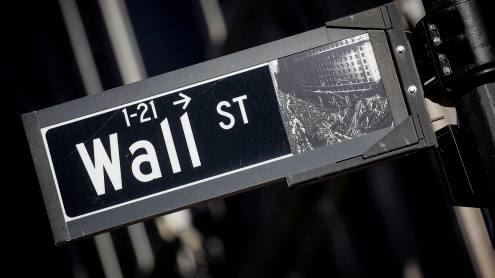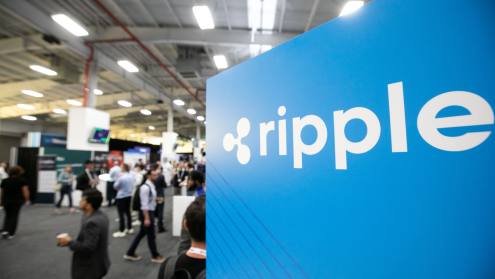Brazilian oil major Petrobras plans to tap the euro and sterling markets for the first time as it seeks to diversify its funding away from the US dollar. Having had the largest global equity offering in history last year, the company’s net debt-to-equity ratio fell back to 17%, giving it considerable debt headroom while still staying within its 25% to 35% leverage target range.
Last year, Petrobras issued $13bn in the debt capital markets and the strategy is to raise between $10bn and $15bn a year to help fund capital expenditure of $224.1bn between 2010 and 2014.
Editor's choice
Some of the funds raised will be used to develop the huge offshore finds deep in the Santos basin, which will turn Brazil into a leading oil producer. The pre-salt deposits, named because the oil is held in rocks below a salt layer that reaches thicknesses of more than 2000 metres in some places, are expected to be deliver 1 million barrels per day by 2017.
Funding requirements
But all this requires investment until Petrobras becomes self-funding through oil sales. So far this year, it has raised $6bn in a three-tranche offering of five, 10 and 30 years in January. The offering was two and a half times oversubscribed.
But being cognisant of the changing world order in currency terms, Petrobras has decided to issue in euros and sterling before the end of the year – although with a $35bn cash treasure chest it can pick its timing.
“The market has to be in good shape,” says Almir Guilherme Barbassa, CFO and chief investor relations officer for Petrobras. “There cannot be [too much] noise, there cannot be a country being bailed out, [nor any] wars starting. You have to pick the right moment and we have to find a moment when we are not in a black-out period [due to pending financial results] as well.”
“As we need $10bn to $15bn a year, we need to approach all the markets,” says Mr Barbassa in explaining the proposed move into euros.
“We are going to look for the sweet spot of the market, but we cannot be too short or too long [in terms of tenor] in the market. Seven to 20 years is our perfect range. We are a very cash-rich company so we don’t need to pay too much [for long maturities] to have money for longer than we need it. Usually we do swap into dollars, but really we are considering not to do that this time because the world is changing. We do not expect oil to be priced in euros any time soon, but over the longer term oil may become a euro commodity [rather than exclusively sold in dollars].
“The world today is multifaceted and not concentrated on one economy. It’s not going to be an American driven world anymore because other countries and other regions are gaining in importance. So, probably, we will have another scenario in 10 years.”
Changing role
By that time, Brazil’s position as an oil producer will have changed dramatically. But despite the huge investment needed for exploiting the pre-salt oil deposits, the majority of funds in the capital expenditure programme are allocated to other areas.
Mr Barbassa says: “Many people believe that most of our capital expenditure is for the pre-salt – in the future, yes, but not currently. Today, in our budget of $224bn for five years, about 50% is for E&P [exploration and production] and less than 30% of that is for the pre-salt. The rest is for the post-salt. It is going to be like that for a few years.
“Pre-salt has big potential for development for many years ahead. The concentration of finds we had in the pre-salt is maybe the largest in the world. It requires huge investment, but as the production grows it will self fund.”
Indeed, a major use of the equity raising – some $43bn out of $70bn – was to buy from the government the rights to produce 5 billion barrels of oil in the pre-salt that are not under concession. As the government is the major shareholder of Petrobras, with 48% of the equity following the capital increase, this is in some ways akin to the government selling the oil to itself, and this attracted some criticism.
The global coordinators – which included ICBC International, the investment banking subsidiary of Industrial and Commercial Bank of China – worked on the deal, which offered 80% to current shareholders and 20% to the market. A private placement had been considered, but with the presidential election looming it was important that the deal cleared at the prevailing market price. In the end, it was priced at a modest 2% discount.












